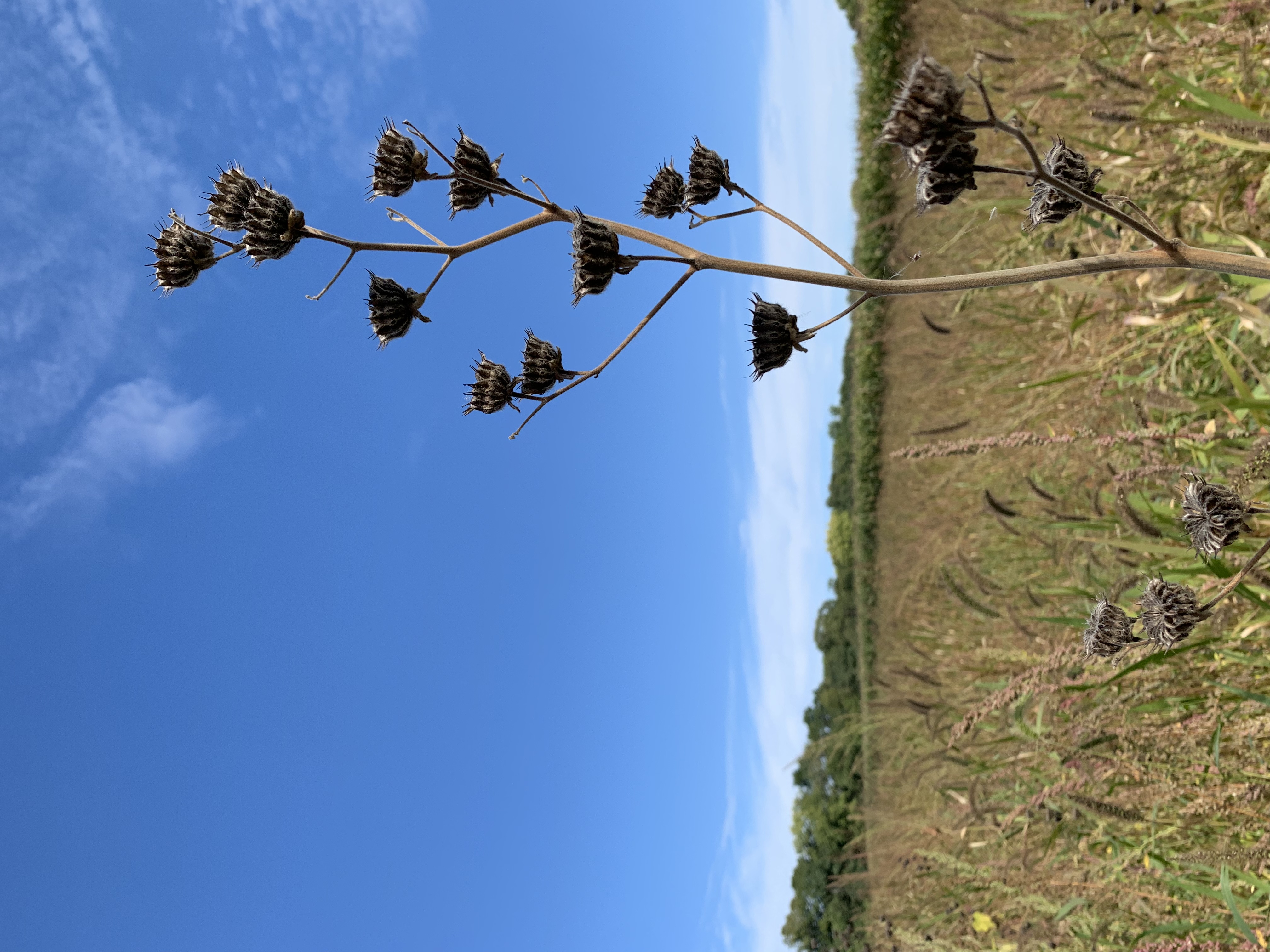“You’ll walk out of there safe and sound because you trusted Me.” God’s Decree (Jeremiah 39:40 MSG)
When God brought judgement in Judah and Jerusalem, He paid attention to people’s true heart condition. We know from earlier chapters in Jeremiah that God was keeping a record of who served Him and who served themselves. Yes, He is about national accountability but He also expects personal responsibility. God had noted the heart posture of Ebed-Mekel the Ethiopian and had sent Jeremiah with a personal promise for him. Yes, the Babylonians would burn and sack the city, but this believing foreigner would live.

Somehow, in a season where the entire nation had turned away from God, Ebed-Mekel had managed to turn toward Him. God has seen his faithfulness and honored him amidst the chaos. It didn’t mean that Ebed-Mekel wouldn’t suffer, it meant he wouldn’t die in the appointed destruction of Jerusalem.
If we were reading the Old Testament straight through, we would notice this subtle shift toward personal responsibility throughout the latter half. It makes sense. The theocracy (divinely appointed king) had failed, not because God was unfaithful but because the kings were unfaithful. The nation had chosen apostasy over and over. By the time Judah crumbled, Baal Worship was the official national religion and there were false gods set up in the Temple! God had given up in the nation and was sending them into exile but He was going with them with eyes wide open for faithful individuals. We’ll see Him work with and honor people like Daniel and Esther: faithful folks in a foreign land. This move to personal responsibility makes sense, it’s how divine relationship began in a garden and it’s certainly solidified in the person of Jesus.
So what do we learn from Ebed-Mekel today? The nation may crumble. The people may pay the consequences for sin. But God still sees the faithful individual amidst the apostasy. He knows hearts. He’s paying attention to our response. Are we going to be like King Zedekiah, trying time sneak through the garden wall to save our own skin? Or will we stand with our adopted people as Ebed-Mekel did, faithful in spite of the very worst conditions?
Ebed-Mekel stood through the destruction. He surely suffered deeply as his community crumbled around him. He could not unsee the things he had seen, yet God saw him. He would rescue Ebed-Mekel and he would have a hope and future again. What about us?
“The spacious, fee life is from God, it’s also protected and safe. God-strengthened, we’re delivered from evil – when we run to Him, He saves us.” (Psalm 37:39-40 MSG)
Lord, give us the courage to stand for You when the world turns from You. Thank You for seeing faithful among the faithfulness. We trust in Your promises. Amen.